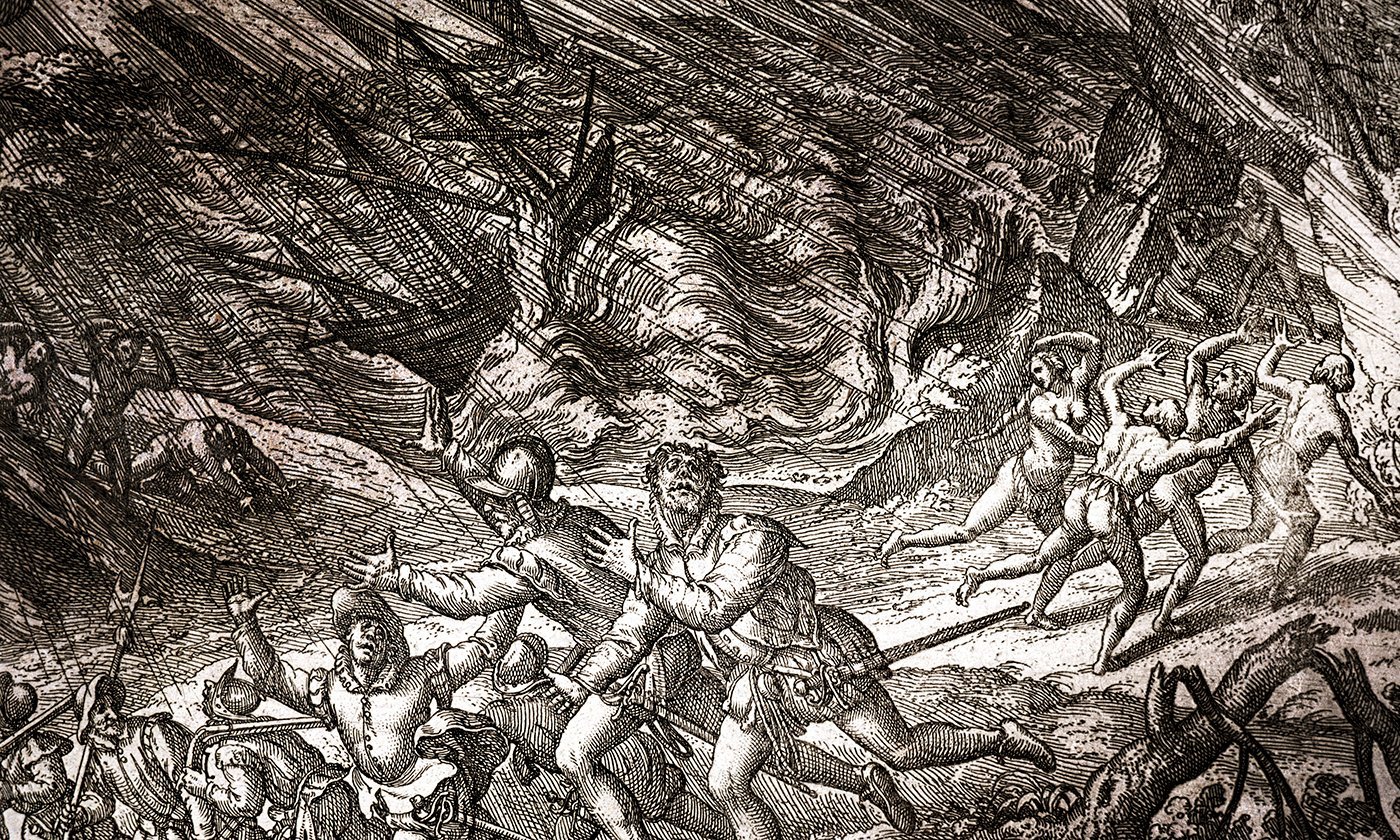What it Means to Live on Indigenous Land
By Pamela Nagler
Published 5/31/2022 8:51am PST
It was in 1958 when then US Senator John F. Kennedy wrote his best-seller, A Nation of Immigrants, that he advanced the notion that the United States could be best understood through its immigrants - excluding the reality of millions who had neither lived the immigrant experience personally - nor lived it generationally through the experiences of their ancestors.
Indigenous people were already here when the immigrants arrived, and it was not long after the immigrants or settler-colonists arrived that they demanded the import of enslaved people from Africa to labor for them.
It is a myth that the US is a nation of immigrants, but based on this untruth, our nation has constructed a national story that continues to perpetuate itself - morphing into new constructs. It is, at the heart, a false story used to justify the primacy of our nation’s position in the world, and it has permeated our textbooks, been taught in our schools, been circulated by our politicians, and has contributed to our national rhetoric and the way we think about ourselves. This myth forms the basis for what we call American Exceptionalism - a belief held by many that the United States is so inherently different, so uniquely superior, its values so exceptional, that our political system - and our history - is beyond comparison. It’s a distorted view that is useful to prop up our regime because it tells us - and everyone else - that our country is both destined - and entitled - to play a distinctly positive role on the world stage.
Mitt Romney, in his acceptance speech as Republican nominee for President, in 2012, said, “Optimism is uniquely American. It is what brought us to America. We are a nation of immigrants.”
Former President Barack Obama, speaking at a Nevada high school in 2016, said, “We are a nation of immigrants, and that means we are constantly being replenished with fighters who believed in the American Dream, and it gives us tremendous advantage over other nations.”
That same year, Presidential candidate Hillary Clinton evoked the Statue of Liberty, when she said that it serves to remind “us of who we are and where we came from. We are a nation of immigrants and I am proud of it.”
All this rhetoric masks the violence involved when settlers first arrived here and killed, raped, removed indigenous people so that they could live on their land. Further, it whitewashes the truth that their new settlements were often built or propped up with the labor of the enslaved.
The more accurate lens to look at the foundations of our nation is not through the lens of immigration, but through the lens of settler-colonialism. And even though settler-colonists may have called themselves immigrants from time to time, they were not. They did not move to new places to live among those who already lived here. They did not come to assimilate - to learn their language and customs - they came for land and opportunity that they could not find in their home country - and the removal of the indigenous people was part of their so-called 'immigration.'
Contemporary Rebecca Dunbar-Ortiz tells us:
“The history of the United States is a history of settler colonialism. The objective of settler colonialism is to terminate Indigenous people as nations and communities with land bases in order to make the land available to European settlers. Extermination and assimilation are the methods used. This is the very definition of genocide.”
And so there it is. As a nation, we tell ourselves stories to motivate ourselves, to move ourselves forward, to justify our actions and our history. By refusing to tell the authentic stories of our real origins, by refusing to utter the actual word, genocide - state-sanctioned murder and erasure - we are refusing to acknowledge what’s at the root of the problems we face today. Institutional racism, wealth and income inequality, poverty and the unhoused, lack of access to resources, the destruction of our environment also define us as a nation, but our country, rooted in fraudulent narratives, dismisses who ‘we’ really are. Sly hint - we aren’t only immigrants. And even at that, the immigrant experience is a widely divergent one.
REFERENCES
Dunbar-Ortiz’ Not a Nation of Immigrants: Settler-Colonialism, White Supremacy, and a History of Erasure and Exclusion








